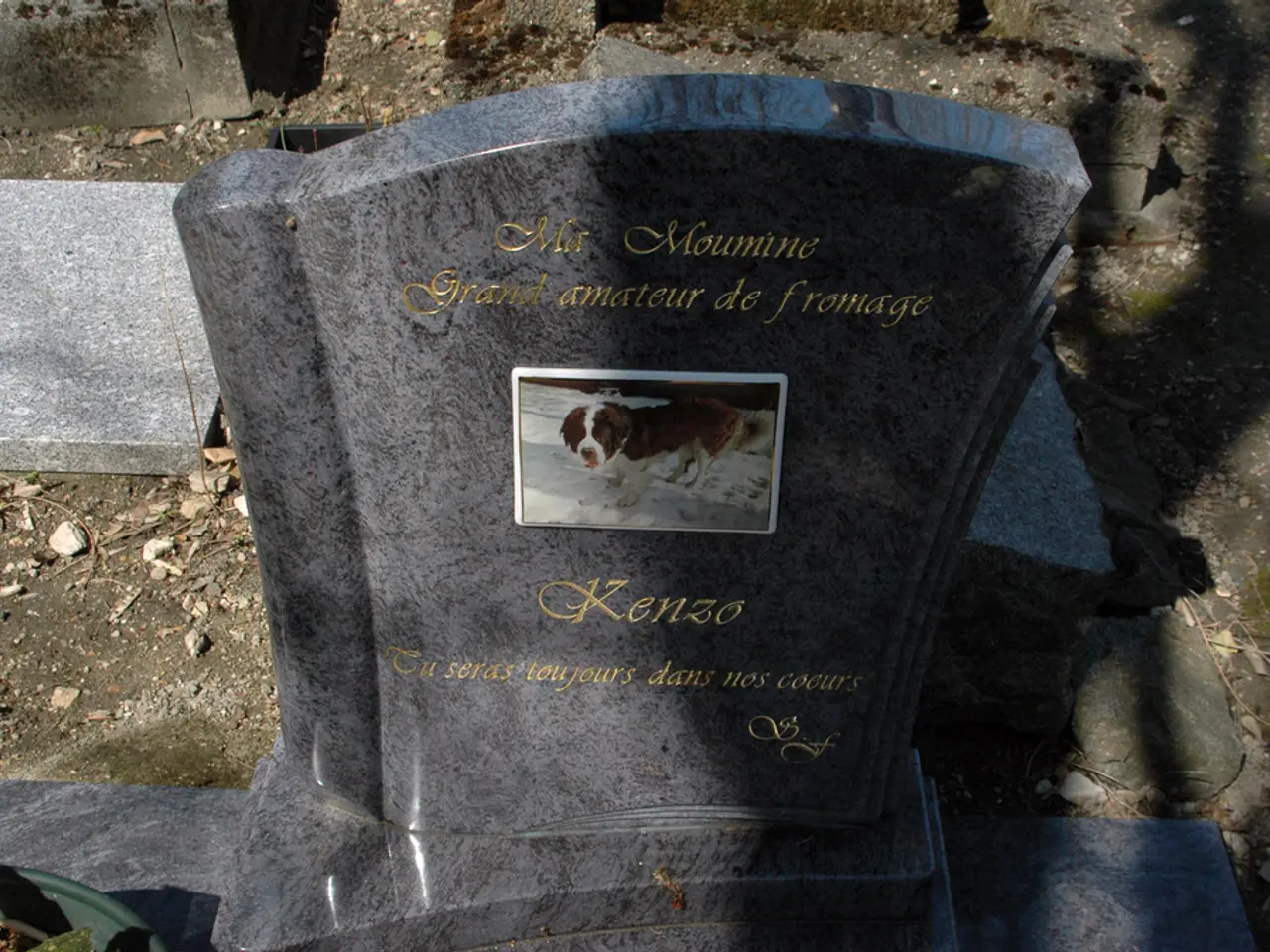Contemplating the plausibility of a post-life existence, according to Sebastian Junger
In his gripping account, journalist Sebastian Junger shares his harrowing experience with a ruptured aneurysm that nearly claimed his life. During this critical moment, he had a profound encounter with the spirit of his deceased father.
Junger's near-death experience is meticulously detailed in his book, In My Time of Dying. As he recounts, his father appeared to him and said, "You can come with me," offering him a choice between dying and returning to life.
This encounter, shared at events like End Well 2024 and in various interviews, has had a profound impact on Junger's understanding of life and death. The life-threatening event served as a catalyst for introspection, shedding light on the themes of courage and resistance in the face of mortality.
Junger's narrative underscores how confronting one's mortality can deeply affect one's perspective. The spiritual meeting with his deceased father presents a moment of transition and choice, symbolising a threshold between life and death that Junger ultimately chose to step back from.
It's important to note that Junger's experiences were not limited to war zones. His book, In My Time of Dying, provides a unique and personal account of his life-threatening experiences beyond the battlefield.
The encounter with his dead father was a significant part of the dramatic story that Junger recounts in his book. The publication of In My Time of Dying followed his survival from this life-threatening medical condition, offering readers a powerful and poignant narrative of resilience and survival.
Junger's narrative in his book, In My Time of Dying, explores the intersection of science, health-and-wellness, and mental-health, as he recounts his near-death experience and the profound impact it had on his perspective. This life-threatening event also initiated a deep introspection, leading him to delve into various therapies-and-treatments to cope with this transformative experience.




